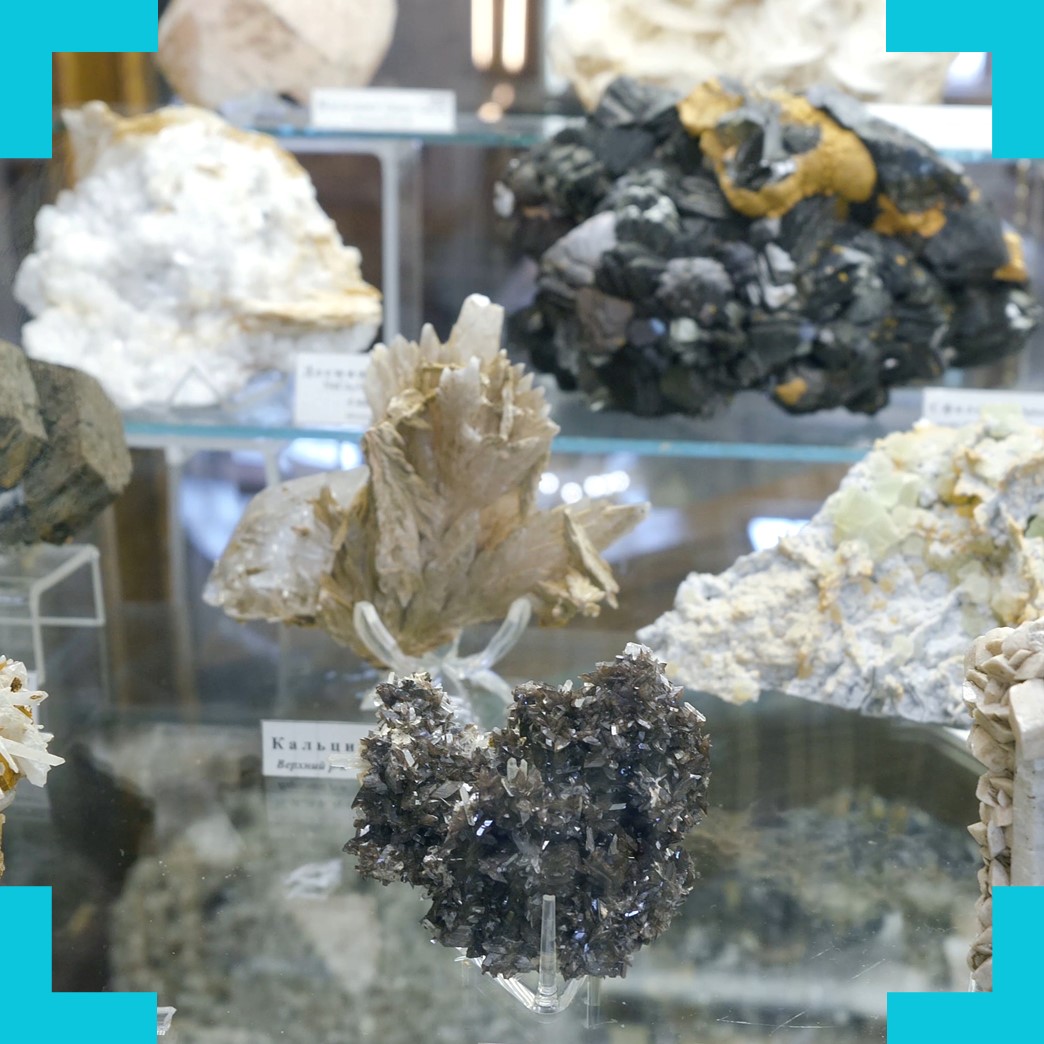How do we ethically decolonise a rock and mineral collection?
What research can be done into the practice of how to ethically decolonise rock and mineral collections? And how can we bring curatorial practice, poetry, academic thinking and art into the development of decolonising processes?

It is recognised that the Geosciences and geoscience collections, together with the practice and discipline of geology, are linked to past and present colonialism. This includes the study and mapping of foreign lands with colonial and Eurocentric approaches, the extraction of natural resources overseas and the lack of indigenous views, voices, knowledge and language in collection archives and research publications.
For example, the University of Bristol Earth Sciences Collection includes over 5000 minerals of which 36% are from non-European countries and 27% came from areas now defined as current or former colonial countries of the British Empire. However, the existing archives, catalogues and correspondence associated with the collection only reference descriptions, scientific and curatorial classifications and specimen data created by the white, global north missing any links to indigenous cultures and their links to natural objects extracted from their community lands.
What will the project involve?
The aim of this project is to establish an interdisciplinary network of people to co-develop and explore ethical ways and methodologies of researching and discussing the colonial histories of the University of Bristol Earth Sciences Rock and Mineral Collection. The researchers want to explore how the naming, descriptions and scientific classifications of rocks, minerals and fossils have been and are limiting our understanding of these collections in the 21st century. They want to investigate how incorporating diverse, indigenous and community driven knowledge and language can be a catalyst for a more enriching, personal and empowering connection with the rocks and resources beneath our feet.
The project will invite the voices and expertise of colleagues to join in conversation as they fathom out together how best to work creatively and bravely with these issues. The researchers aim to talk with people in social sciences, history, law, music and geography as a way of complementing the existing scientific and curatorial in-house expertise of Claudia Hildebrandt.
This Ideas Exchange will focus on the following activities:
- Researching into existing practice of how to ethically decolonise rock and mineral collections.
- Exploring how to bring curatorial practice, poetry, academic thinking and art into the development of this process.
- Spending time with potential University of Bristol academics in social sciences, history and geography (and beyond) to discuss project ideas.
- Identifying and initiating conversations with potential community partners.
- Running an initial networking event with potential partners.
Who are the team and what do they bring?
- Alyson Hallett is a poet, independent researcher and artist who works with migrating stones. She recently completed a 9 month EarthArt Fellowship in the School of Earth Sciences which included a move towards translating the names of stones back into the language of the place they were from. Find out more on Alyson Hallett’s website.
- Claudia Hildebrandt (Collection Manager, Earth Sciences, University of Bristol) has over 15 years’ experience of working with geological and natural history collections. She gained valuable experience in collection management and display development. Since starting her role at the University of Bristol her focus moved to advocating and facilitating collection based teaching, research, engagement and partnership working.
- Deborah Hutchinson (Geology Curator, Bristol Museum) is the geology curator at the Bristol Museum and Art Gallery and has given public talks on the pathway the geological curation, on displays in the mineral galleries, and has written articles on geological and paleontological matters.
What is to come?
The project seeks to develop early-stage discussions led by Dr Alyson Hallett with potential academic partners and the geological curator from Bristol City Council. It also seeks to explore closer working relationships with the University of Bristol Widening Participation and Public Engagement team to identify some external community partners to adequately and ethically co-create a future project that has the potential to explore and disrupt the colonial and white patriarchal practices in natural science curatorship (e.g., naming of specimens, display of objects and information).
The researchers expect to run an event drawing together University of Bristol academics, a curator from Bristol City Council and some potential community partners. The outcome could be a list of co-created research questions, proposed ethical methodologies and a call to actions to help decolonise geology collections. The scope will be defined during the project to allow for a co-design approach that takes onboard all partner ideas.
The researchers hope an established partnership and a project outline will then enable them to make a strong bid for future project funding.

